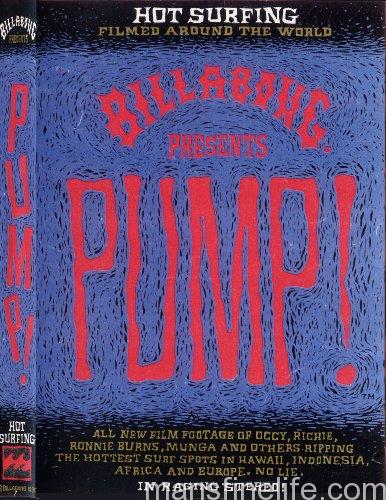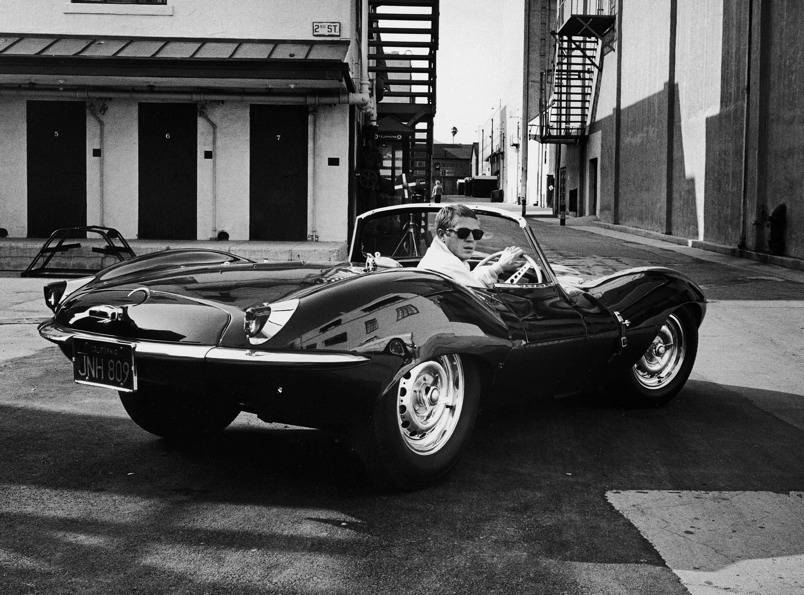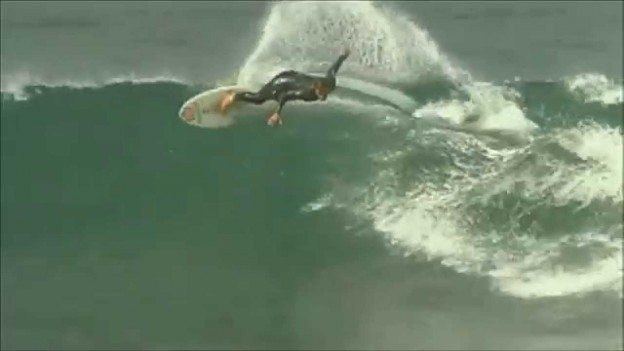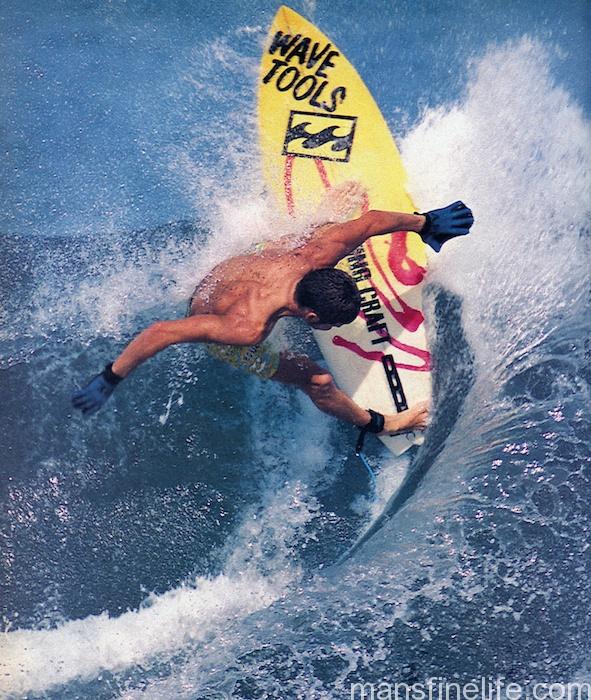Even though summer still beats down on us, a surf movie may seem an odd choice for a serious film recommendation, but that’s how I’m offering it to you. Aside from Bruce Brown’s “Endless Summer” and perhaps one or two other exceptions, most surf movies can not fairly be called movies at all. They are more accurately known as “videos” – a collection of impressive surfing snippets set to some popular music of the day, without much in the way of structure, designed more to trigger memories of one’s own surf sessions or inspire one to new heights, all while steadfastly promoting a brand by unapologetically hyping the surfers who are sponsored by that brand. If you’re a surfer, they’re really fun to watch but never go beyond the fun one can find these days by watching a succession of surfing clips on Youtube. They don’t transcend themselves. They’re not movies. The one exception to this rule however, is Billabong’s Pump!.

Pump!, produced by surf clothing company Billabong and directed by famed surf movie director
Jack McCoy, was released in 1990. On its surface,
Pump! essentially sticks to the same model as other surf flicks of the 80’s, with college/alternative rock playing over the surf clips and not much else of anything to drive the film form start to finish. What elevates
Pump! to feature movie level however, is the subtext within these otherwise ordinary choices.
First you have the surfers themselves. The film features many members of the Billabong team circa 1990, but two emerge quickly and wordlessly as the films protagonists-
Mark Occhilupo and
Richie Collins. In 1990, Mark Occhilupo (known more commonly as Occy) was a bit of a mess. Just 5 years earlier he’d been one of the top ranked pro surfers on the planet, but in 1988 he gave in fully to the pressures of super-stardom and fell into a cycle of drug abuse and depression. Up until the late 90’s (when he staged a legendary comeback and finally became the world champion) his life was marked by excesses of all kinds, manifesting publicly in cycles of huge weight gains and losses, along with attempted comebacks and glimmers of glory followed quickly by his immediate disappearance again.
Pump! catches him in his periods of top form during this time. While he may appear a bit off his top form physically in one or two scenes, his surfing is incredible. The only dialogue we hear in the entire movie is a voice-over leading into one segment where Occy, in his thick Aussie twang, briefly describes his loss of appetite for competition and newfound focus on free (non-competitive) surfing.
Pump! catches Occy in limbo in more ways than one, and what may have been thought of (at least by Billabong) as a chance to present their fading star as still being the invincible hero of recent memory, was instead presented by McCoy as a man with incredible gifts who is in a game of chicken with fate. While his skill seems as untouchable as ever, his future does not.
Richie Collins, in opposition to Occhilupo’s gifted profligate persona, was an odd man out in the late 80’s and early 90’s. Hugely talented as a surfer, he nevertheless had trouble catching on with people. Collins was a bit of an enigma, really. A devout Christian who shaped his own surfboards and owned his own surfboard company (Wave Tools), he was also known for being caustic and aggressive on land and in the water. In a world of hard partying, fun loving surfers, the guy who came off as a loud mouthed Jesus freak with a virulent competitive streak was often misunderstood and had a hard time finding the love from the surfing world. So there were the film’s two stars, the beloved but fallen hero and the misunderstood villain. Start the music…
^Mark “Occy” Occhilupo hitting the lip backhand in “PUMP!”
And music of course plays a huge part in the narrative structure of
Pump!. McCoy chose an eclectic mix featuring bands like The Slaves,
Concrete Blonde,
TSOL, and others. While the styles differed a bit, the theme to nearly every song is one of searching and redemption. Lyrics like “Help me find my way” and “my poverty of love” play over the surfers as they ride throughout the film. It’s never heavy handed, but the tone is a far cry from the usual “get the blood pumping at all costs” music selection. It switches tempo and mood regularly, and the dynamism of this pattern itself becomes an unseen character in the film.
^ Richie Collins circa 1989
McCoy deserves much attention for his choice of locations and film quality. The movie is shot all over the world- in Indonesia, Europe, Hawaii, and South Africa. There are one or two snippets from contests, a couple seemingly put in at the behest of Billabong (ie- footage of contests that were sponsored by Billabong) while others were obviously included to showcase simply remarkable moments of surfing. But mostly, there are no contests or judges. It’s just a small group of surfers in remote locations around the world, surfing great waves. This choice, to fly these guys to these locations, away from fame and watchful eyes, results in a specific kind of surfing. It’s more about drawing lines in the water and surfing with the waves, as opposed to the more magazine friendly trend of tricks and aerial maneuvers. This graceful style of surfing, combined with McCoy’s barely grainy footage and light that jumps between overcast and overexposed, lends a very meditative quality to the film as a whole that for me is where it transcends its surf video status and becomes a film anyone can enjoy. It’s as hypnotic and sympathetic a movie as any ever made, with a cadence and resonance that always remind me of Antonioni’s Blow-up.
The film has two non-surfing moments that round out it’s character. The first is a silly but humanizing lip synch cover of “Born to be wild” by 70’s surf legend
Wayne “Rabbit” Bartholomew( with surfer
Robbie Page playing “broom guitar” in the background). The second scene is the one that closes out the film, and reinforces its point. We see Collins in front of a mirror, playfully going through the ritual of shaving his head. As he proceeds into what eventually becomes a close-cut mohawk, Larry Norman’s wonderfully perverse “Righteous Rocker #3” plays over him, proclaiming repeatedly “without love, you ain’t nothin'”.
It’s a hell of a movie. You can watch it on
Youtube but it’s well worth owning on DVD. You can get it on Amazon
here.







